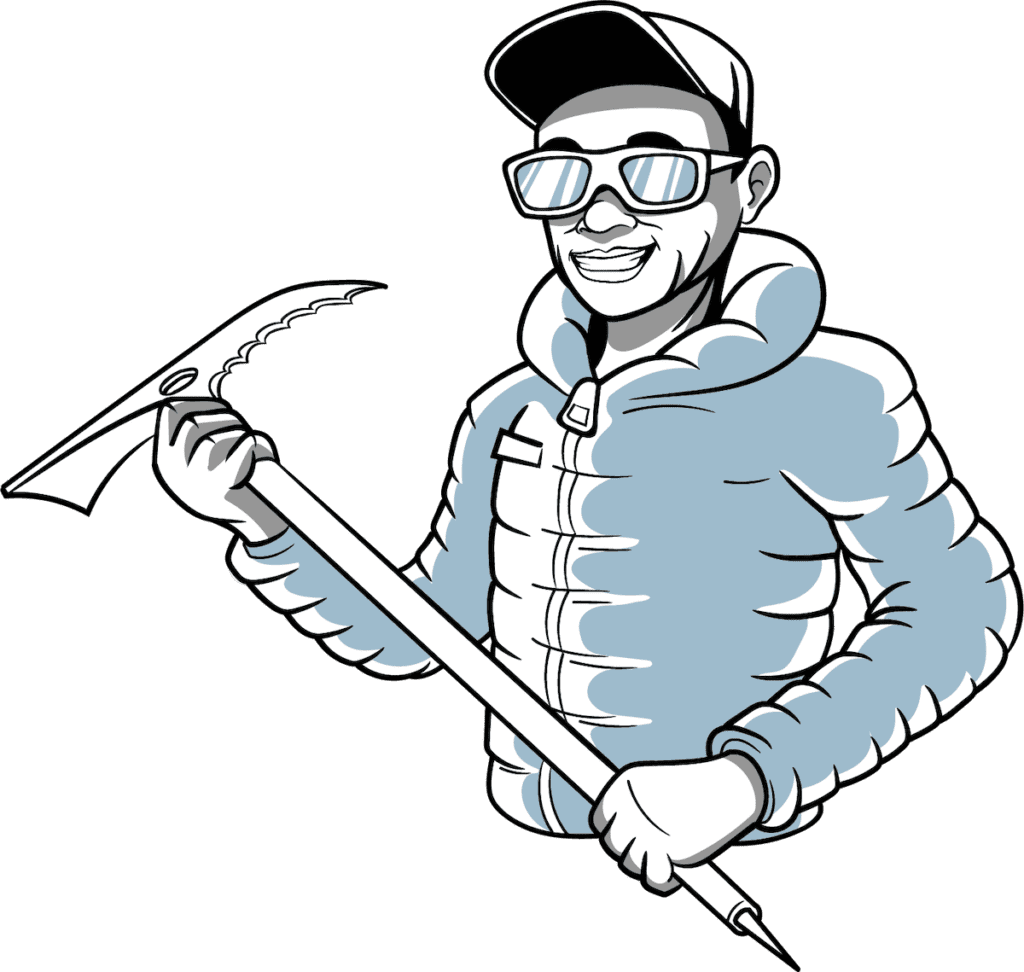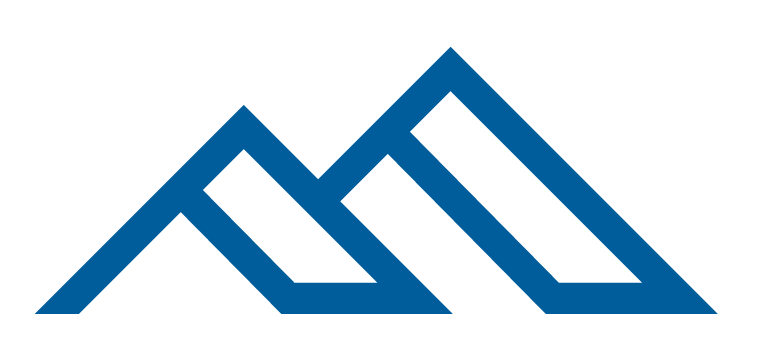I Wished I Had Known: Tod Short

Tod Short has been a KPMG partner for the last 19 years in their Financial Due Diligence (FDD) practice, where he focuses primarily on advising growth equity investors in the software and technology space. He started his career in audit at KPMG in 1995 before moving into FDD in 1998. Tod is also KPMG’s Service Network People Leader for FDD, where he is part of KPMG’s FDD leadership team focusing on all things people related—everything from talent recruitment to professional development and career progression.
We sat down with Tod Short to learn about his experience in M&A.
Deal Guide: The visibility of FDD as an M&A career path has been on the rise. Roll back the tape ten or more years, all that people really talked about was investment banking, private equity, and deal attorneys. How did you first get into FDD given its historically lower profile? What made you follow this path for your career?
Tod: When I joined KPMG in 1995, there was no dedicated FDD group. FDD was carried out by a small number of Audit Partners and Senior Managers on a part-time basis. One of those Senior Managers was my first performance manager when I started in audit. A year later, he finally received the okay to start the FDD group in Boston. He moved into FDD on a full-time basis with three other Senior Managers. Fast forward one year, they hired me as a first year Senior Associate (SA) to expand the group. I was lucky enough to be one of those early SA’s in FDD. At that point, we were taking a lot of our ideas from KPMG in London. KPMG London had a FDD group for several years, but at the end of the day, we were really making it up as we went along. We spent a lot of time on audit workpapers, walking through audit reports, spending time in physical data rooms, and learning about the businesses with limited data analysis, especially compared to our efforts and processes today.
Deal Guide: What did you wish you knew earlier in your career? How would learning this earlier have benefited you?
Tod: I can’t say I wish I knew something profound earlier in my career. It would have changed the path of my career. You can only learn lessons by experience. Making mistakes and hopefully assessing those mistakes and figuring out how to be better. For instance, when I was looking at what college to attend (I was recruited for football) and two of the schools I visited were Yale, as well as where I ultimately attended, the University of Rhode Island (URI). Sometimes I tell people if I knew then what I know now I would have picked Yale over URI. The reason I picked URI was because they offered me a full scholarship versus it costing my parents approximately $15,000 a year to go to Yale. At that time, that was a lot of money to my family. I could not see asking them to pay that when I could have attended URI for free or McGill University for $3,000 to $5,000 annually. Even though I do say I should have gone to Yale, I can’t argue with what I have achieved in my career. While Yale might have been a better steppingstone for me, there are plenty of people who graduated from Ivy League schools who have not achieved what I have been able to achieve.
Deal Guide: In the spirit of continuous improvement, are you personally currently focused on developing, honing, or refining any particular skills? What is your motivation to focus on this?
TOD: As part of my People Leader position, I must speak on our monthly update call, which is attended by up to 500-600 people. Usually, my part is ten minutes. I can’t stand doing these calls, because I get nervous. I have also had to present to large numbers of college students at The Lakehouse, as part of our recruiting process. Again, there is nothing that makes me more nervous ahead of my presentation. I could probably pass most of these responsibilities onto other people, but I am trying to better myself in this area. On deal related issues, I have sat at board room tables with 30 high powered PE clients, advisors, and attorneys looking at me to talk about the issues at the Target without any nerves. Yet talking about monthly birthdays on a virtual call can still do me in.
Deal Guide: Sometimes we all need to touch the hot stove to learn for ourselves it is not a good idea. Are there any lessons you have learned the hard way or that you think is better to learn the hard way?
Tod: My last year in Audit and my first 12-18 months in FDD, I worked a lot with a Senior Manager who was very experienced (KPMG was his third stop at a Big 4 firm) and was very intelligent. However, he never seemed to be able to finish any engagement without something going wrong. He somehow had more computer problems than anyone I have ever seen. While I learned a lot from him, the most important things I learned from him were things not to do. Eventually, he transferred to another group and left FDD. I recently spoke to a colleague who told a similar story. She compared it to being self-aware enough to know when you need to divorce yourself from your mentor. Her mentor was a very senior Partner. She was able to do it, but there are several other followers of her mentor who did not, and as they have matured and are now senior people, some are realizing that maybe what they learned from him is not the correct way to do things. While the hard way is hard, it’s the best way to learn a lesson.
Deal Guide: Everywhere you look there seems to be a podcast or a business journal article about the importance of mentors in one’s career. What do you wish junior professionals knew about finding and establishing a successful mentorship?
Tod: Everyone should be lucky enough to have the mentors I have had. I would consider myself to have two true mentors and the one Senior Manager I started to work for early in my career. However, similar to our prior discussion, you don’t have to be beholden to your mentors. While they do have a large impact on your career, most likely, they have received a lot in return as well out of the relationship. You are more likely to do the dirty work and go above and beyond for your mentor. You need to ensure it is a two-way street and you get as much out of it as they are taking. Now that I am on the other side, I enjoy being that mentor and try and realize what I am getting out of the relationship as well.
Deal Guide: How were you shaped by the mentorship you received in your career?
Tod: Again, sometimes I learned what to do from my mentors, and sometimes I learned what not to do from my mentors. What I tried to do was take pieces of what my mentors were and build them into the single professional I have become. However, you still have to be yourself and not lose who you are. If you do, I don’t think you can be truly happy.
Deal Guide: Over your career thus far, what have been the most profound changes in the FDD space? How do you think AI will change the delivery of FDD services or the industry going forward?
Tod: Technology and the level of data analysis has significantly changed our FDD services since I started in the group. AI will just accelerate this and continue down the path which has taken decades to get to. Honestly, I am the last person who should be talking about AI. However, I think the technology and reliance on data jockeys and data analytics has taken away some understanding of the business, the assessment of management, and the assessment of an idea and whether it can be successful.
Instead of sitting with a management team over the course of days or sometimes weeks, we spend weeks processing data and do a three-hour call with management, hoping we can learn everything about a business based on their numbers. I would still invest in a good business with a great management team over a great business with a bad management any day. The great business may show well at first. At some point, management will have to manage its way out of a difficult situation, and adults are needed in that situation.
Deal Guide: What skills do you think are undervalued by people earlier in their careers?
Tod: Growing your internal network is undervalued. Most of our people are focused on growing their relationships with their clients. While this is important, no matter how good your relationship is with your client, make one mistake and they will move on. Your internal network, whether it is people in your start class, your mentors, or people you mentor and other advisors will ultimately have a longer lasting impact in your career than your clients. At KPMG, we have a rotation program where people can go to an international office for two years and do FDD. Assignments range from England, Germany, France, Spain, Japan, and Australia. I was slated to do a rotation in London, but the timing did not work out. Our people are too focused on getting promoted as early as possible and don’t take advantage of this opportunity. This would be the best way to expand your internal network. I still get more new business from my internal network than I do from historical external clients.
